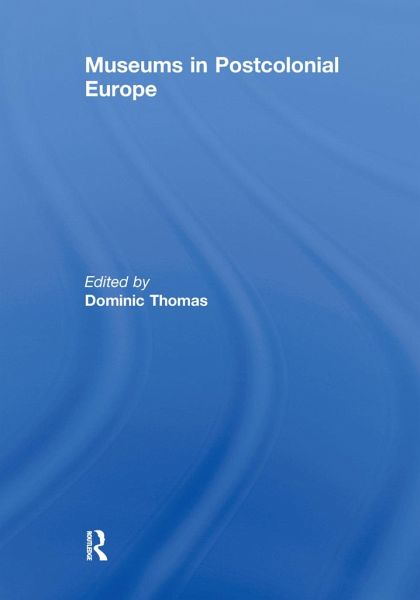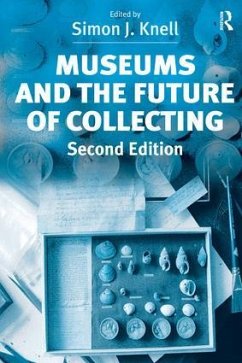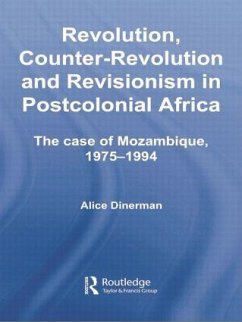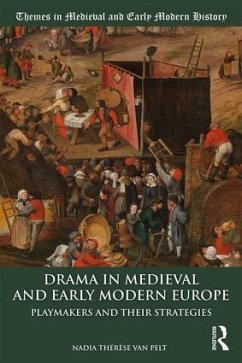
Museums in Postcolonial Europe
Versandkostenfrei!
Versandfertig in 1-2 Wochen
70,99 €
inkl. MwSt.
Weitere Ausgaben:

PAYBACK Punkte
35 °P sammeln!
The history of European nation-building and identity formation is inextricably connected with museums, and the role they play in displaying the acquired spoils and glorious symbols of geopolitical power in order to mobilize public support for expansionist ventures. This book examines the contemporary debate surrounding the museum in postcolonial Europe. Although there is no consensus on the European colonial experience, the process of decolonization in Europe has involved an examination of the museum's place, and ethnic minorities and immigrants have insisted upon improved representation in the genealogies of European nation-states. Museological practices have been subjected to greater scrutiny in light of these political and social transformations. In addition to the refurbishment and restructuring of colonial-era museums, new spaces have also been inaugurated to highlight the contemporary importance of museums in postcolonial Europe, as well as the significance of incorporating the perspective of postcolonial European populations into these spaces. This book includes contributions from leading experts in their fields and represents a comparative trans-historical and transcolonial examination which contextualises and reinterpretates to the legacies and experiences of European museums. This book was published as a special issue of Africa and Black Diaspora: An International Journal.














